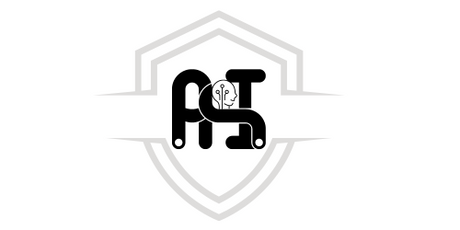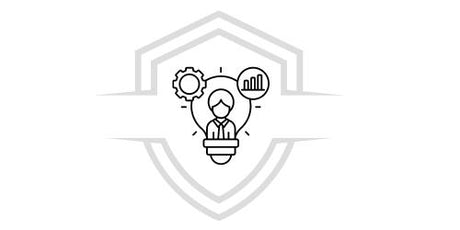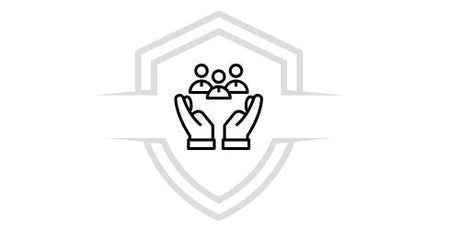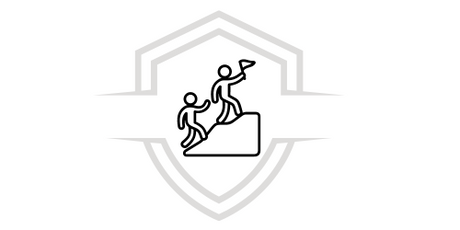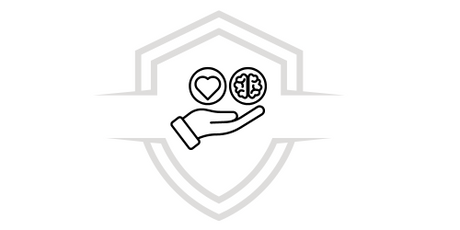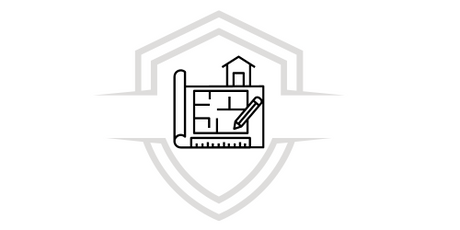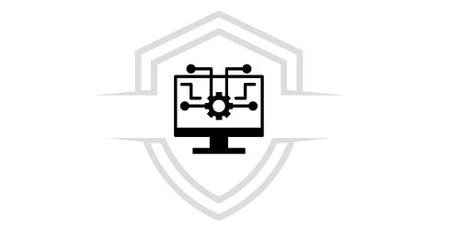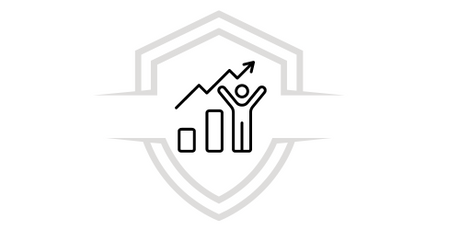Feedback is an essential tool for employee professional development. It is a form of communication that allows employees to receive information about their performance at work. Feedback can be positive or negative, and can be delivered by a supervisor, colleague, or even a client. In this article, we will explore the importance of feedback in employee professional development and how it can be used to improve performance at work.
Why is feedback important?
Feedback is important because it allows employees to know how they are doing in their work. Feedback can help employees identify their strengths and weaknesses and improve their performance at work. It can also be a source of motivation for employees, as it allows them to see the impact of their work on the organization.
1. Improves performance at work
Feedback can be used to improve performance at work. When employees receive feedback on their performance, they can identify areas they need to improve and work on them. Feedback can also be used to recognize employees' strengths and encourage them to continue working on them.
2. Promotes learning and development
Feedback can also foster employee learning and development. When employees receive feedback on their performance, they can learn from their mistakes and improve in the future. Feedback can also be used to identify learning and development opportunities for employees.
3. Promotes communication and transparency
Feedback also promotes communication and transparency in the organization. When employees receive feedback on their performance, they can discuss their concerns and questions with their supervisors. This can help improve communication in the organization and promote a more transparent work environment.
How to give effective feedback?
For feedback to be effective, it is important that it is delivered in a clear and constructive manner. Here are some tips for giving effective feedback:
1. Be specific
When giving feedback, be sure to be specific about what the employee did right or wrong. Avoid vague or general comments.
2. Be constructive
Feedback should be constructive and should not be used to criticize or humiliate the employee. Instead, feedback should be used to help the employee improve in the future.
3. Be timely
Feedback should be given as soon as possible after the event occurs. This allows the employee to reflect on their performance and work on areas where they need to improve.
4. Be objective
Feedback should be objective and based on facts, not personal opinions. This helps ensure that the feedback is fair and accurate.
In conclusion, feedback is an essential tool for employee professional development. It can be used to improve job performance, foster learning and development, promote communication and transparency in the organization. For feedback to be effective, it is important that it is delivered in a clear and constructive manner. By using feedback effectively, employees can improve their job performance and advance their career.










